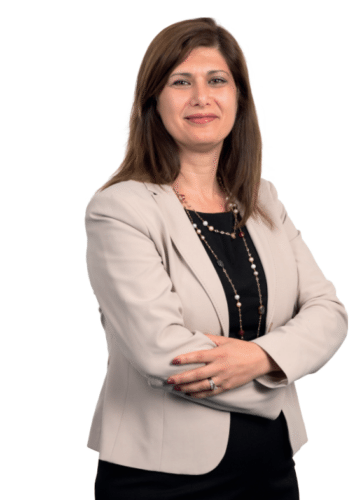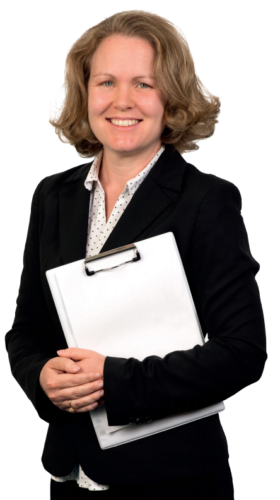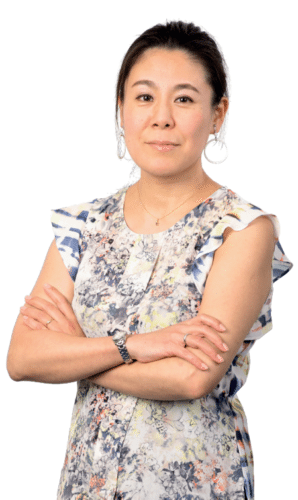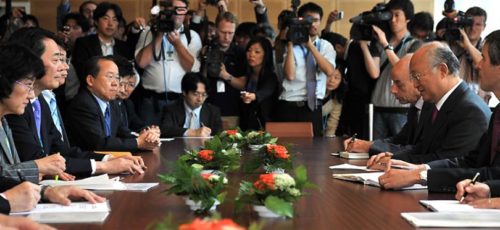This website uses cookies so that we can provide you with the best user experience possible. Cookie information is stored in your browser and performs functions such as recognising you when you return to our website and helping our team to understand which sections of the website you find most interesting and useful.

Widely known as the world’s “Atoms for Peace” organization within the United Nations family, the IAEA is the international centre for cooperation in the nuclear field. The Agency works with its Member States and multiple partners worldwide to promote the safe, secure and peaceful use of nuclear technologies.
The International Atomic Energy Agency is the world’s central intergovernmental forum for scientific and technical co-operation in the nuclear field. It works for the safe, secure and peaceful uses of nuclear science and technology, contributing to international peace and security and the United Nations’ Sustainable Development Goals.
The IAEA was created in 1957 in response to the deep fears and expectations generated by the discoveries and diverse uses of nuclear technology. The Agency’s genesis was U.S. President Eisenhower’s “Atoms for Peace” address to the General Assembly of the United Nations on 8 December 1953. Please visit www.iaea.org for more information
Want to receive monthly recruitment updates? Sign up here
The IAEA recognises the role of diversity in spurring innovation and new ideas, and is committed to gender equality and striking a balance of representation of men and women in the workplace. Gender parity is crucial to fostering innovation in science, technology, engineering and mathematics, and in enabling organizations to perform measurably better. The IAEA has a number of activities in place to promote a diverse and inclusive workplace, including targeted recruitment efforts, efforts to promote the involvement of women scientists in the IAEA’s research programmes and technical cooperation, fostering the development of women’s careers in nuclear science and technology, and arrangements in support of work life balance. The IAEA is also committed to integrating a gender perspective in its programmatic work.
“Women have remained under-represented in the nuclear sciences as a whole…but we at the International Atomic Energy Agency have been working hard to increase their representation in our own ranks. Women now account for around 29% of IAEA Professional staff. This is much too low. As Director General, I am keen to see more women in senior positions.”
IAEA Director General, Yukiya Amano

“Nothing is impossible, you can achieve your dreams if you persevere and work hard for them.”
Rola Ghneim Khreis (Lebanon) is the Head of the Customer Services Section in the Division of Information Technology for the Department of Management
Anticipating future opportunities in the field of computer science, Rola obtained degrees in Computers, Mathematics and a MBA. After moving to Vienna in 1991 with her family, Rola worked at OSCE to implement a region-wide ERP solution. Then she joined the IAEA as an information systems officer in the Division of General Services, moved to Division of Information Technology as a manager of the Service Desk for several years, and then became the Head of Services Design Unit.
In her current role, she is managing a section responsible for delivering high quality IT services to the organization. Her successes are a great milestone in her career as a woman working in a technical field.
One of the most enjoyable aspects of Rola’s job is being able to work closely with people to address their technical requirements. By carefully listening to people and actively seeking solutions, she is able to create a better and efficient product. Working with people from different cultures and backgrounds makes her job even more interesting. She is pleased to contribute to the scientific programs of the IAEA through technology, despite not being a scientist herself.
The most challenging issue Rola faces as an ambitious career woman is striking a healthy balance between work and her personal life. She believes that a supportive family is essential in achieving success, and she is very proud of the support her husband has given her, as well as her two grown children who are now embarking on their professional careers.
Katherine Asfaw (Ireland) is a Standards Specialist in the Safety and Security Coordination Section in the Department of Nuclear Safety and Security.

“I always liked the idea that you could grow up to do something that you love!”
As a young woman who excelled in maths, Katherine chose to combine her love of maths with physics. At the time, she was inspired by reading ‘popular science’ and felt optimistic that she could turn something she was passionate about into a career
After obtaining a Bachelor’s degree in Physics, a Master of Science in Mathematics and a PhD in Physics, Katherine decided to volunteer in rural Ethiopia as a teacher-trainer at a new university to train high school physics teachers. She also started a Saturday maths class to provide extra tutoring, particularly to young female students
Nearly two years later, Katherine applied to the IAEA. Always with the desire to work in an international organization, Katherine thought that the IAEA would be an interesting and rewarding place to work. She is now responsible for the technical editing of safety standards and manages and reviews safety standards for Member State approval.
Katherine appreciates that Vienna is a family friendly city. She enjoys outdoor activities during the summer and taking family holidays. Policies such as maternity leave have provided Katherine with the flexibility to be a working mother. Although the daily functions of Katherine’s job may not always affect all of humanity, “it contributes to the sum of knowledge and it’s good to make words mean something important.”
She appreciates the space and peace that she has to focus on her work and believes that safety standards hold an important place in the role of the IAEA.
Ayako Nakao (Japan) is a Nuclear Safeguards Inspector for the Department of Safeguards.
Since she was very young, Ayako was interested in studying mathematics and science. Following her Bachelor’s degree in Chemical Engineering from the University of Tokyo, she started work for the Japanese Ministry of Education, Culture, Sports, Science and Technology. During this time, an assignment as a National Safeguard’s Inspector brought her into close contact with the IAEA.

“Pursue your interest and be proud of what you have achieved.ry of Education, Culture, Sports, Science and Technology. During this time, an assignment as a National Safeguard’s Inspector brought her into close contact with the IAEA.
As a Nuclear Safeguards Inspector for the Agency, Ayako provides the organization with the factual findings for assuring the international community that Member States are fulfilling their safeguards’ obligations. Ultimately, her work greatly contributes to world peace by preventing the proliferation of nuclear weapons. Performing this function for nearly 12 years, Ayako still finds it challenging on occasions.
At the same time as the multicultural work environment is enjoyable, it presents Ayako with the opportunity to continuously seek ideal ways of working with colleagues from different backgrounds with whom she collaborates on a daily basis. She is particularly proud to be a woman in a field still predominantly occupied by men.
When she is not in Japan visiting family, Ayako spends her spare time exploring the diverse aspects of living in Vienna. Being in a city with plenty of natural beauty and cultural venues is a privilege that she really appreciates. Aware of the importance of keeping a good balance in life, she is constantly managing her time wisely, so that she is able to combine her family life with a career
Read the full document – Women at the IAEA
The IAEA offers challenging assignments in a stimulating multicultural workplace. It has around 2,500 staff members from over 100 countries with expertise in a variety of scientific, technical, managerial and professional disciplines. The IAEA draws on its staff expertise to ensure the peaceful use of nuclear material and application of nuclear techniques for sustainable development. We offer opportunities in multiple fields beyond nuclear science and technology, including but not limited to Human Resources, IT, Procurement, Budget and Finance, Administration, Management, Legal and many other areas. Most staff members work at the Agency’s headquarters in Vienna, Austria.
“The IAEA is a great place to work. Our mandate has been summarized as Atoms for Peace. Today, our mandate could be better understood as Atoms for Peace and Development.” – IAEA Director General, Yukiya Amano

The Agency’s Headquarters is in Vienna, Austria, where the majority of the staff is located. The IAEA also maintains regional offices in Toronto and Tokyo, liaison offices in New York and Geneva, and research laboratories in Seibersdorf, Austria, and in Monaco.
For more information, please visit https://www.iaea.org/employment
Company Statistics
Date Established
Number of employees
Headquarters
